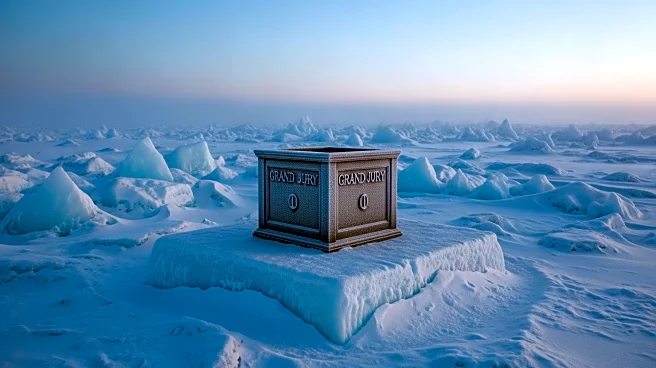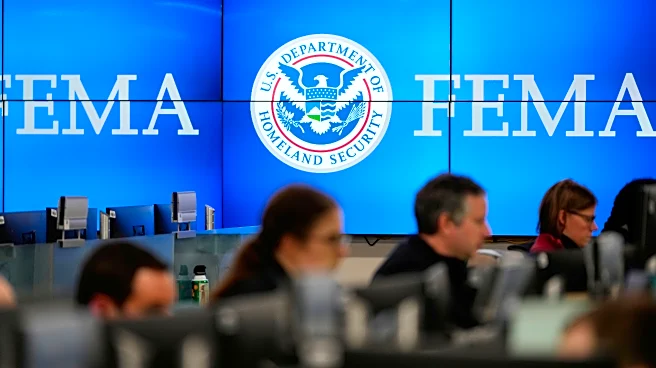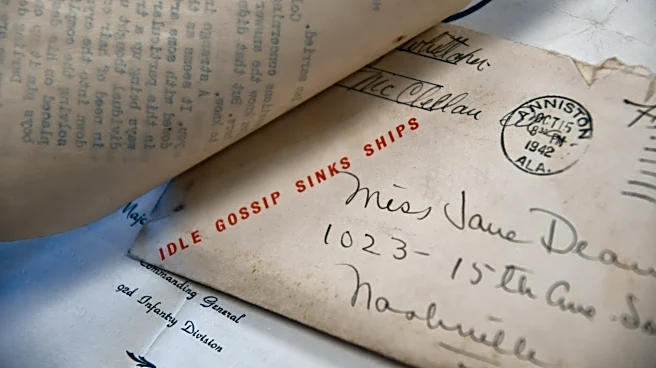What's Happening?
Senator Marsha Blackburn has formally requested Attorney General Pam Bondi to unseal grand jury materials related to the FBI's Arctic Frost investigation. This probe involved special counsel Jack Smith
obtaining phone records of at least ten GOP lawmakers, including Blackburn. The senator's request aims to reveal the reasoning behind the subpoenas, which were kept secret under a non-disclosure order signed by DC US District Chief Judge James Boasberg. The order required phone carriers to keep the subpoenas confidential for a year, covering various personal data of the lawmakers. Blackburn's letter to Bondi emphasizes the need to uncover what she describes as a key component of a weaponized investigation during the Biden administration.
Why It's Important?
The request by Senator Blackburn highlights ongoing tensions between Republican lawmakers and the judicial system, particularly concerning investigations perceived as politically motivated. The Arctic Frost investigation, which targeted several GOP members, raises questions about privacy and the extent of government surveillance. The outcome of Blackburn's request could impact future legislative actions regarding judicial oversight and privacy protections. Additionally, it may influence public perception of the balance between national security and individual rights, especially in politically charged investigations.
What's Next?
If Attorney General Bondi decides to unseal the grand jury materials, it could lead to increased scrutiny of the Arctic Frost investigation and its implications for the Republican party. This may prompt further legislative or judicial actions, including potential reforms in how such investigations are conducted. The decision could also affect the relationship between the Department of Justice and Congress, particularly in terms of transparency and accountability. Stakeholders, including political leaders and civil rights groups, may react strongly depending on the outcome, influencing public discourse on government surveillance and privacy.
Beyond the Headlines
The controversy surrounding the Arctic Frost investigation underscores broader ethical and legal debates about the use of surveillance in political contexts. It raises questions about the potential misuse of judicial power and the safeguards necessary to protect against politically motivated investigations. The case may also lead to discussions on the ethical responsibilities of judges and the criteria used to justify non-disclosure orders, potentially influencing future judicial practices.











